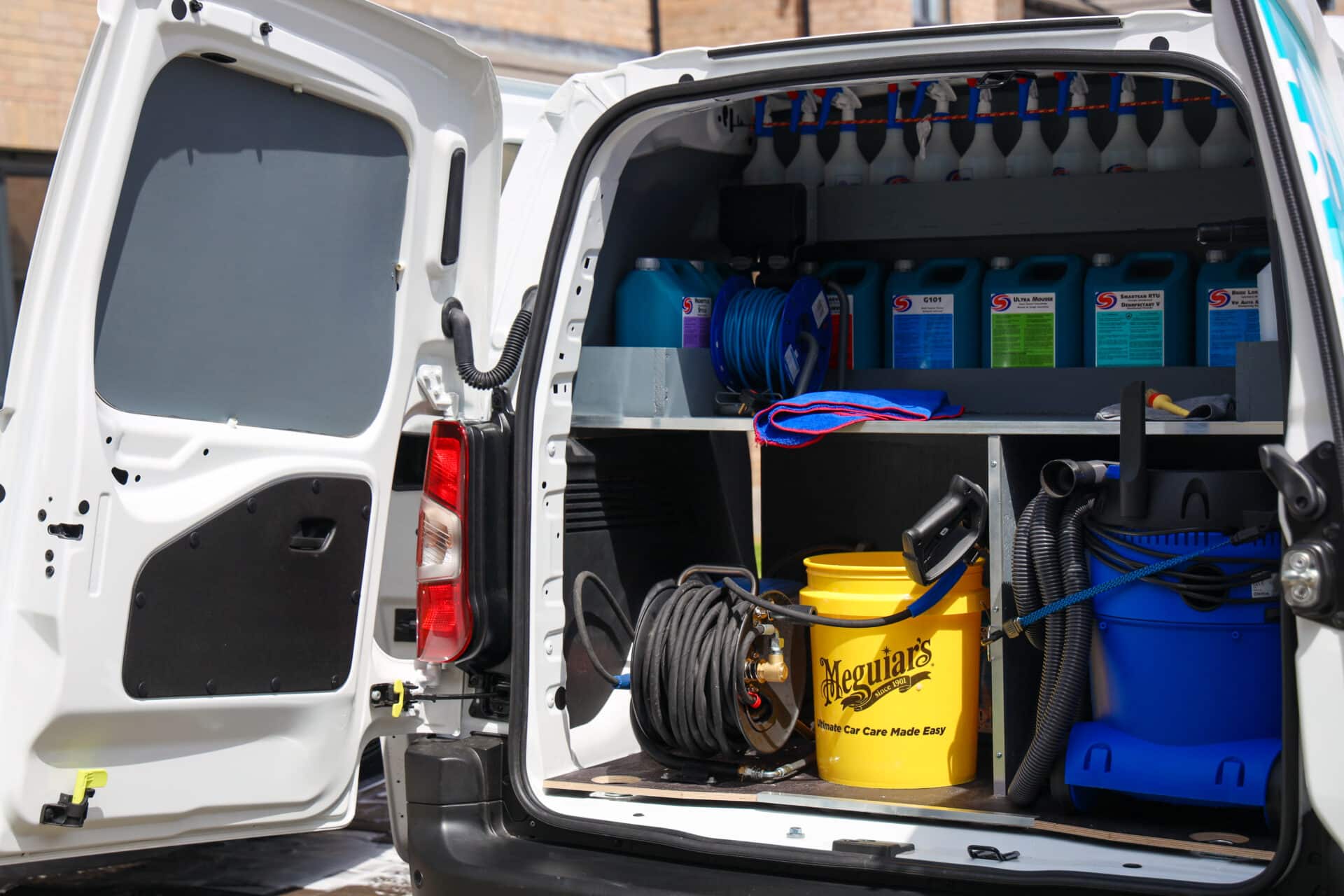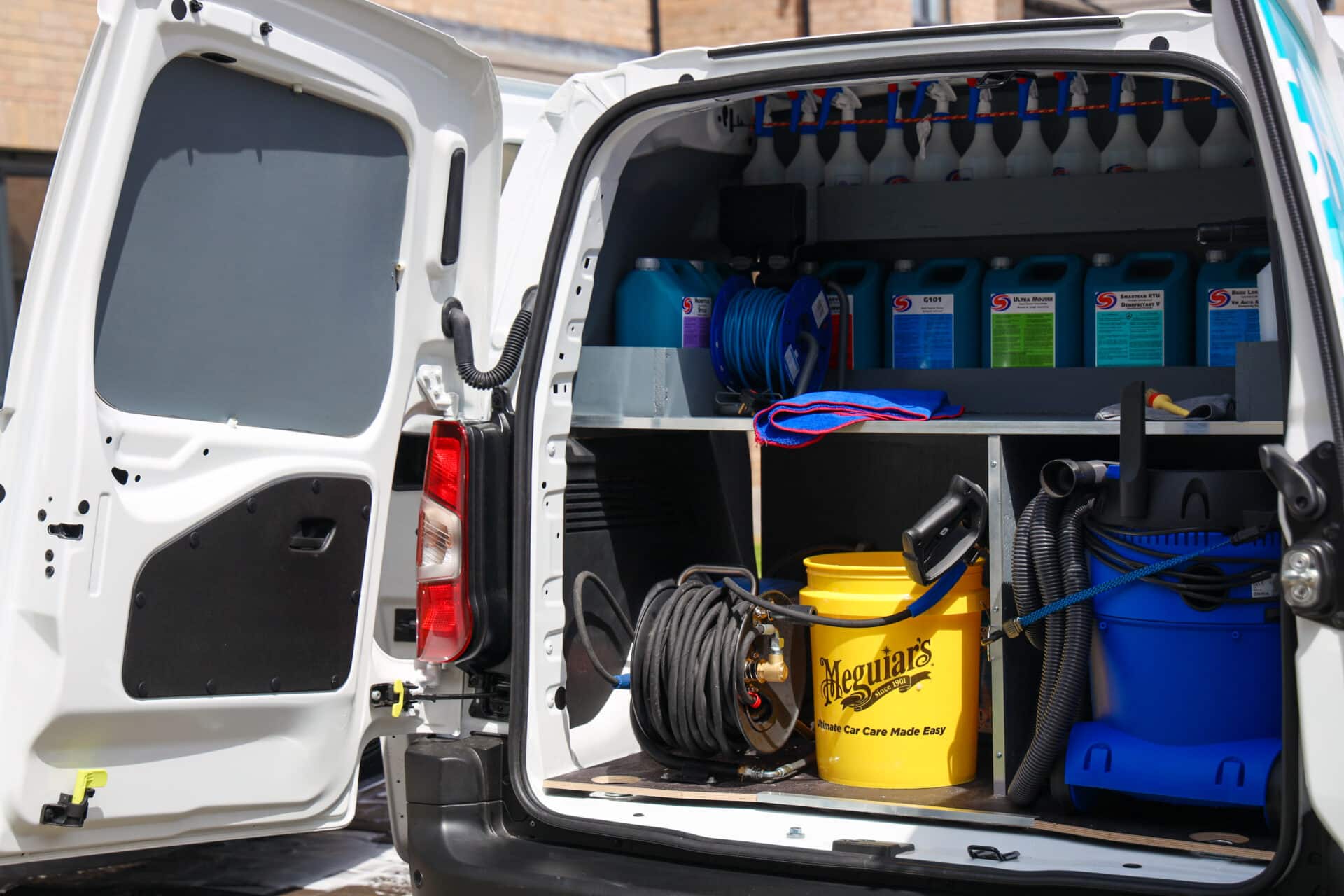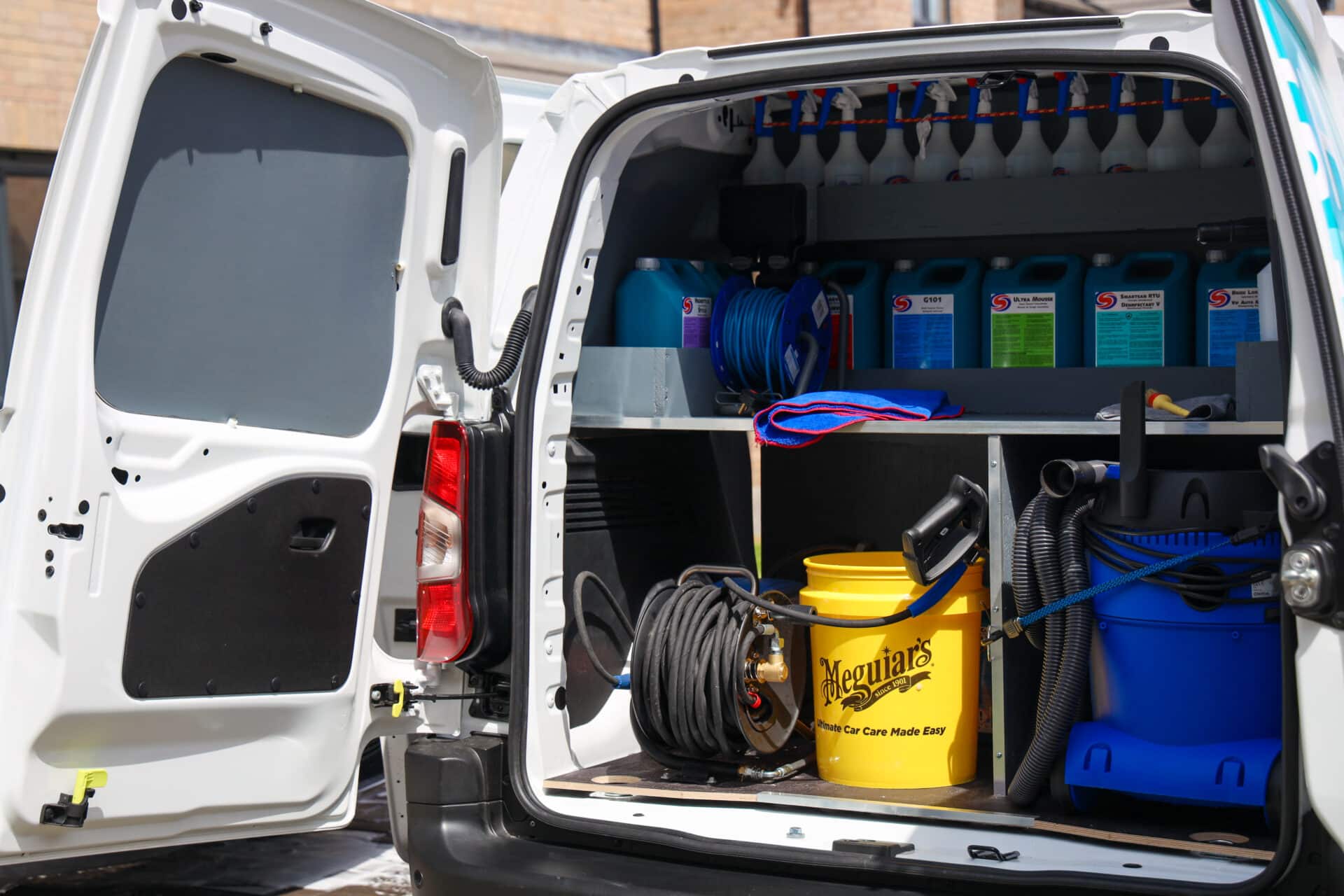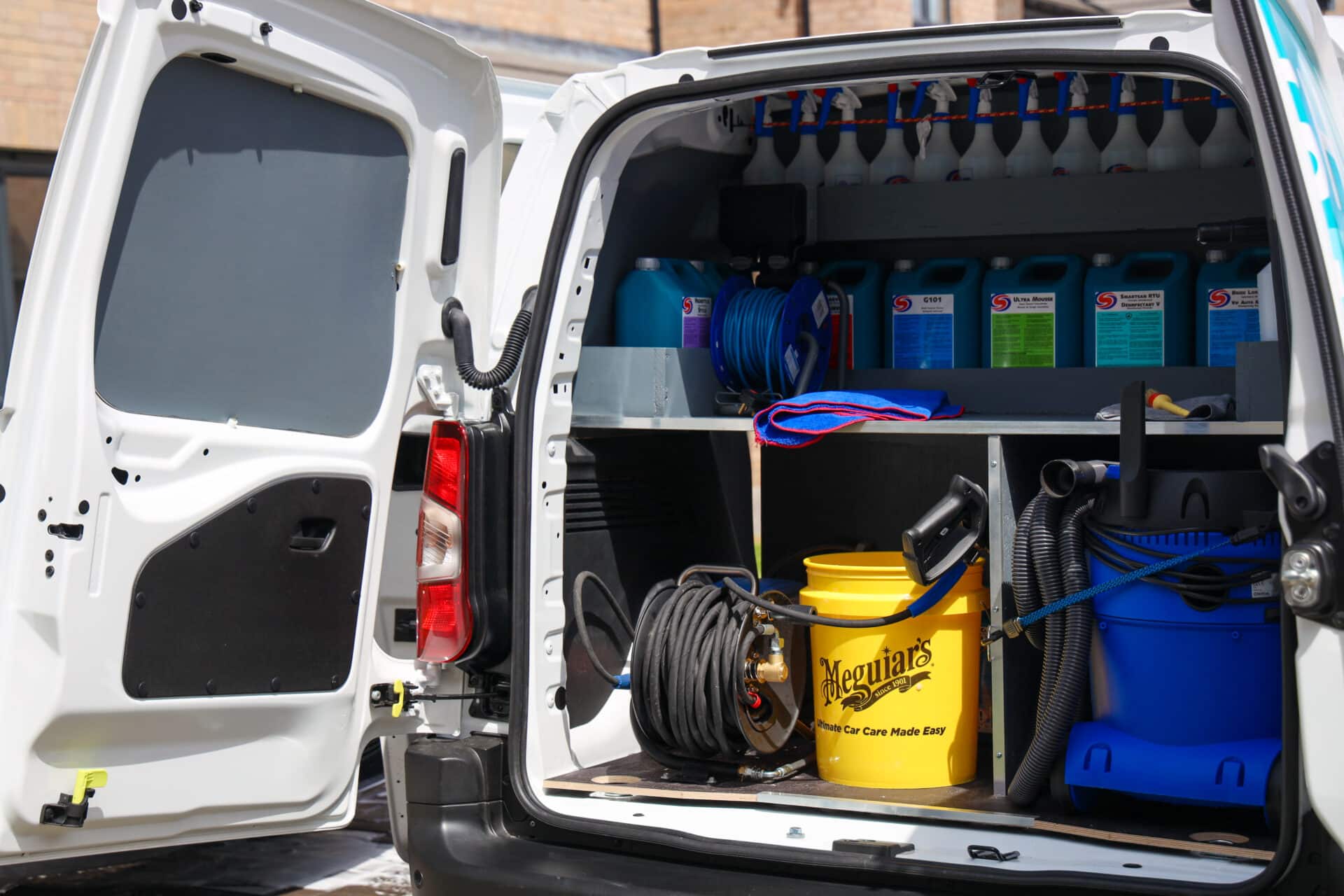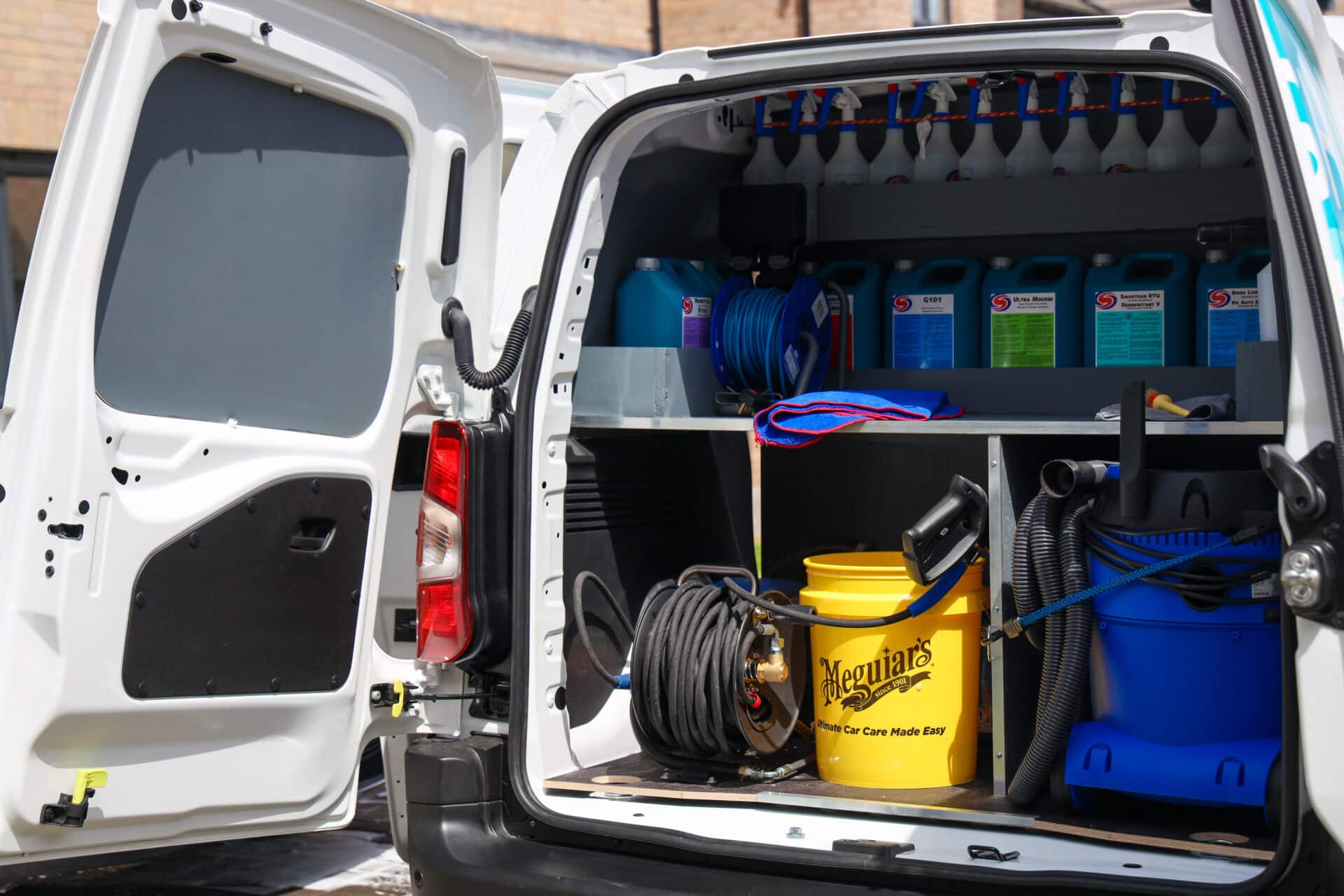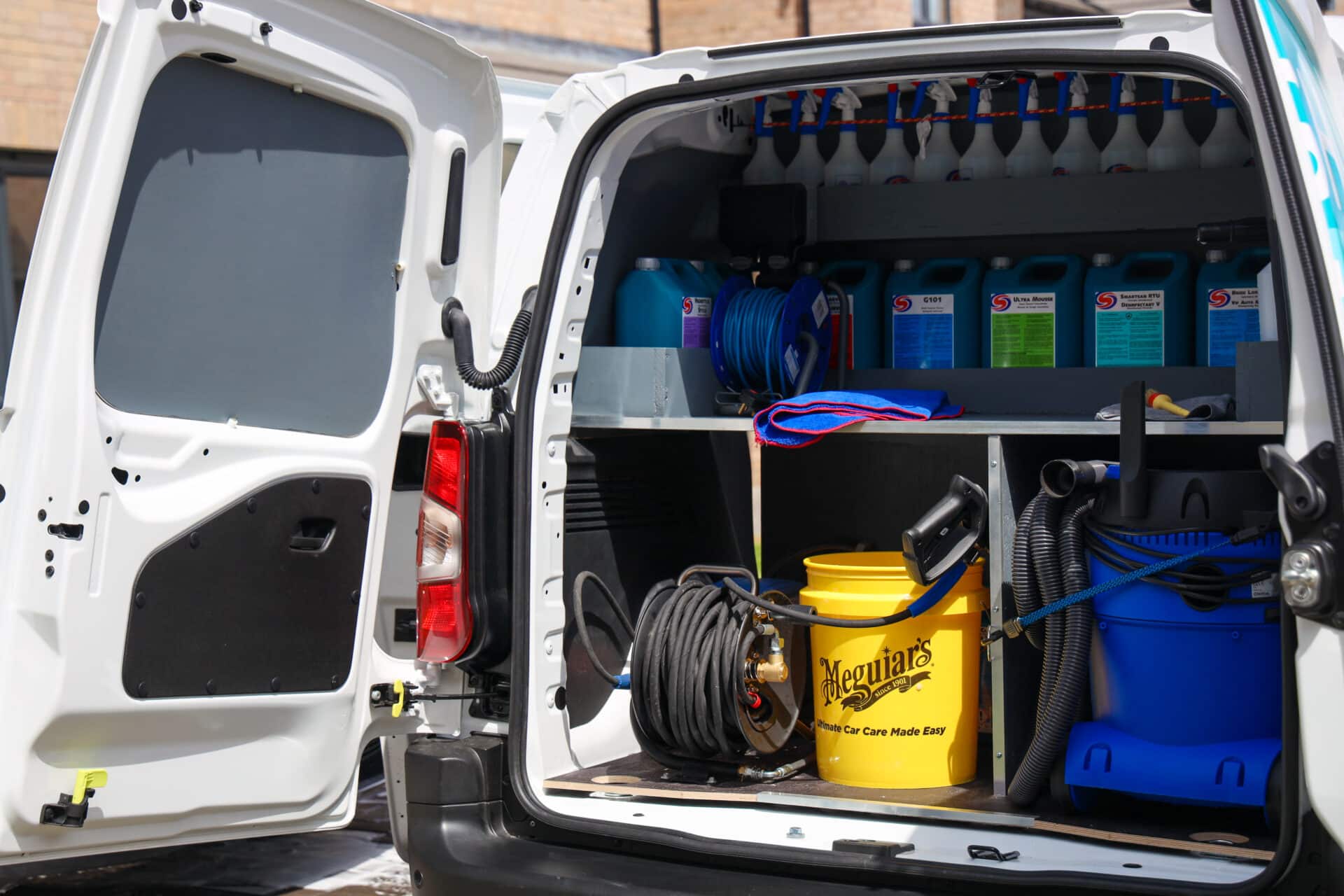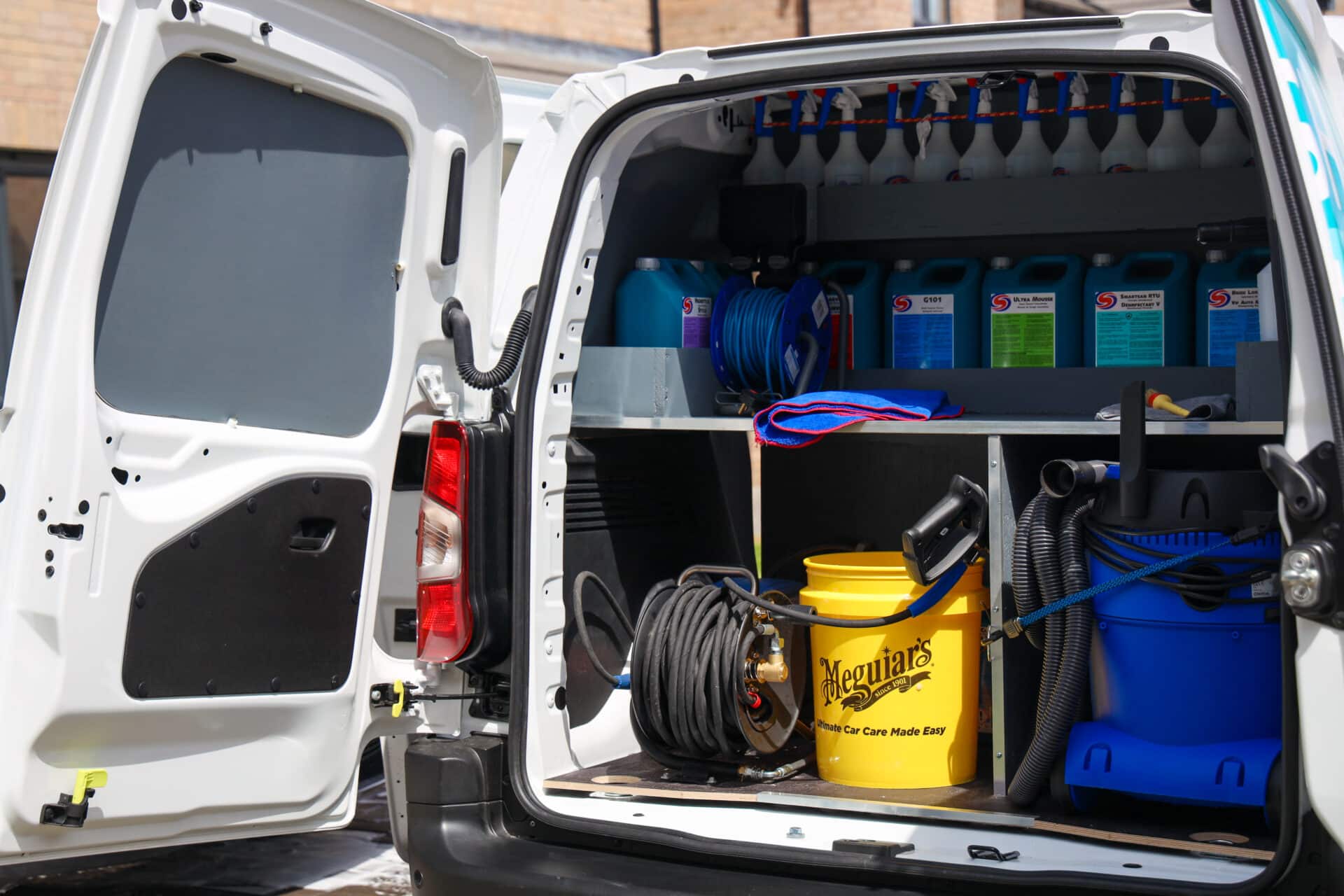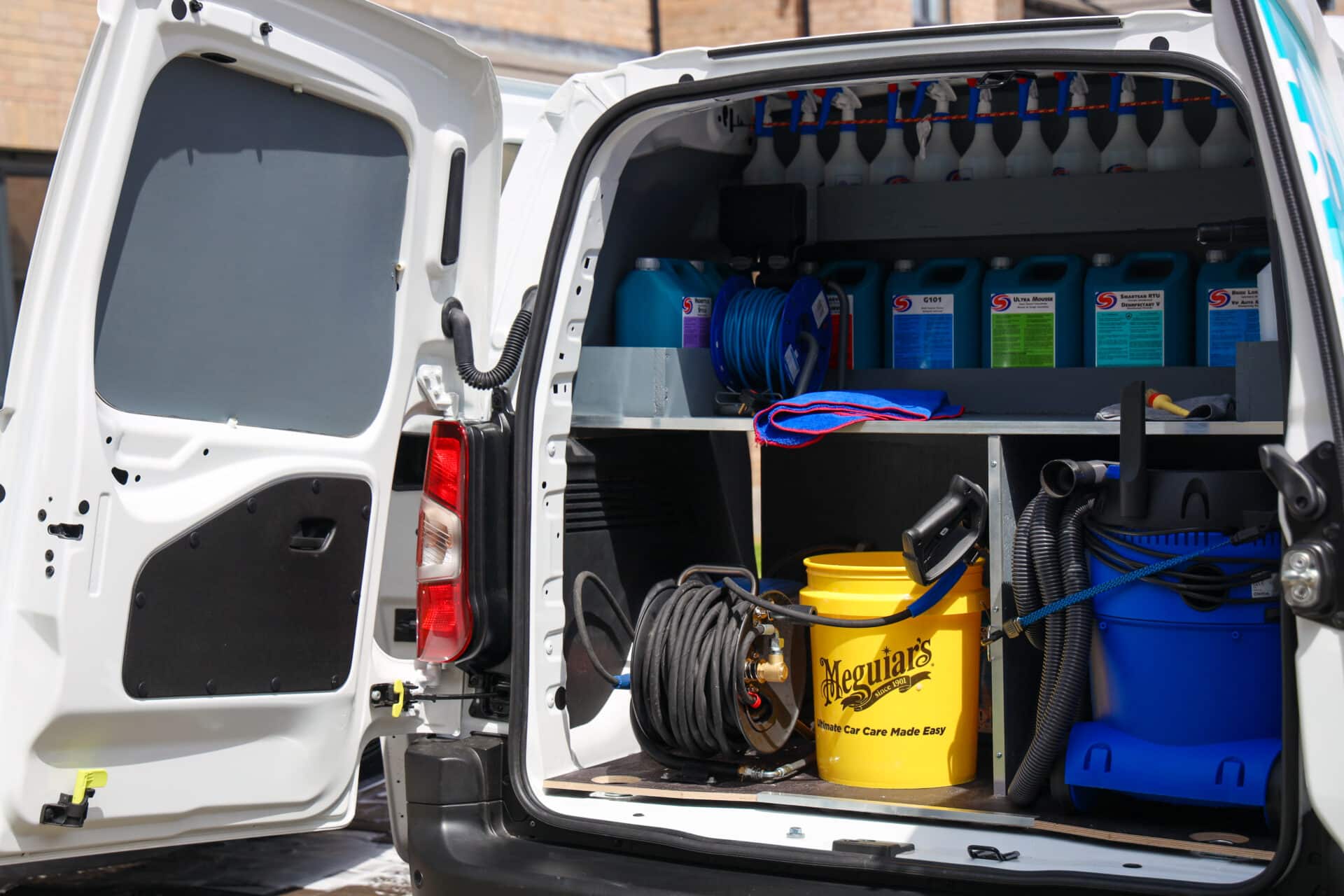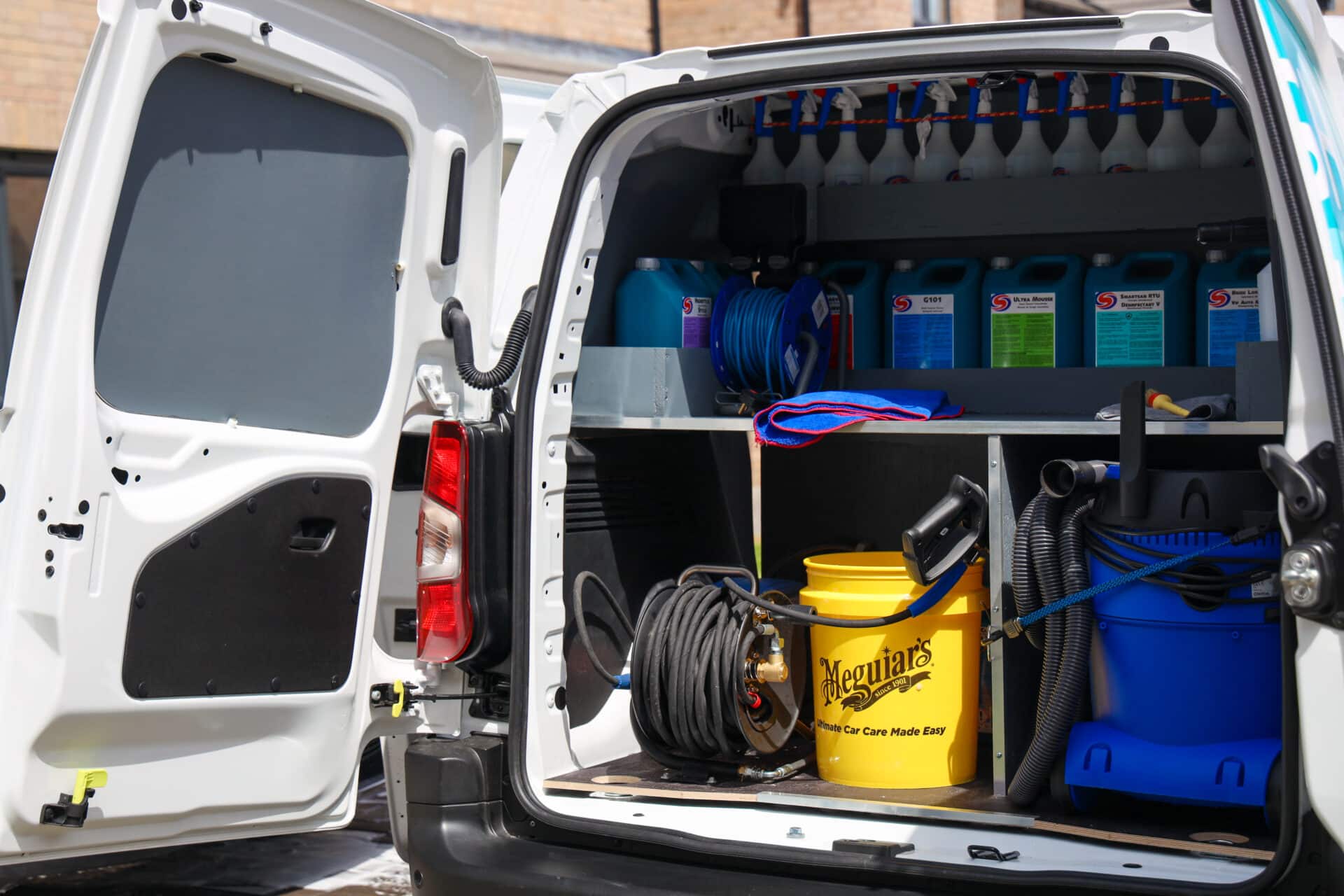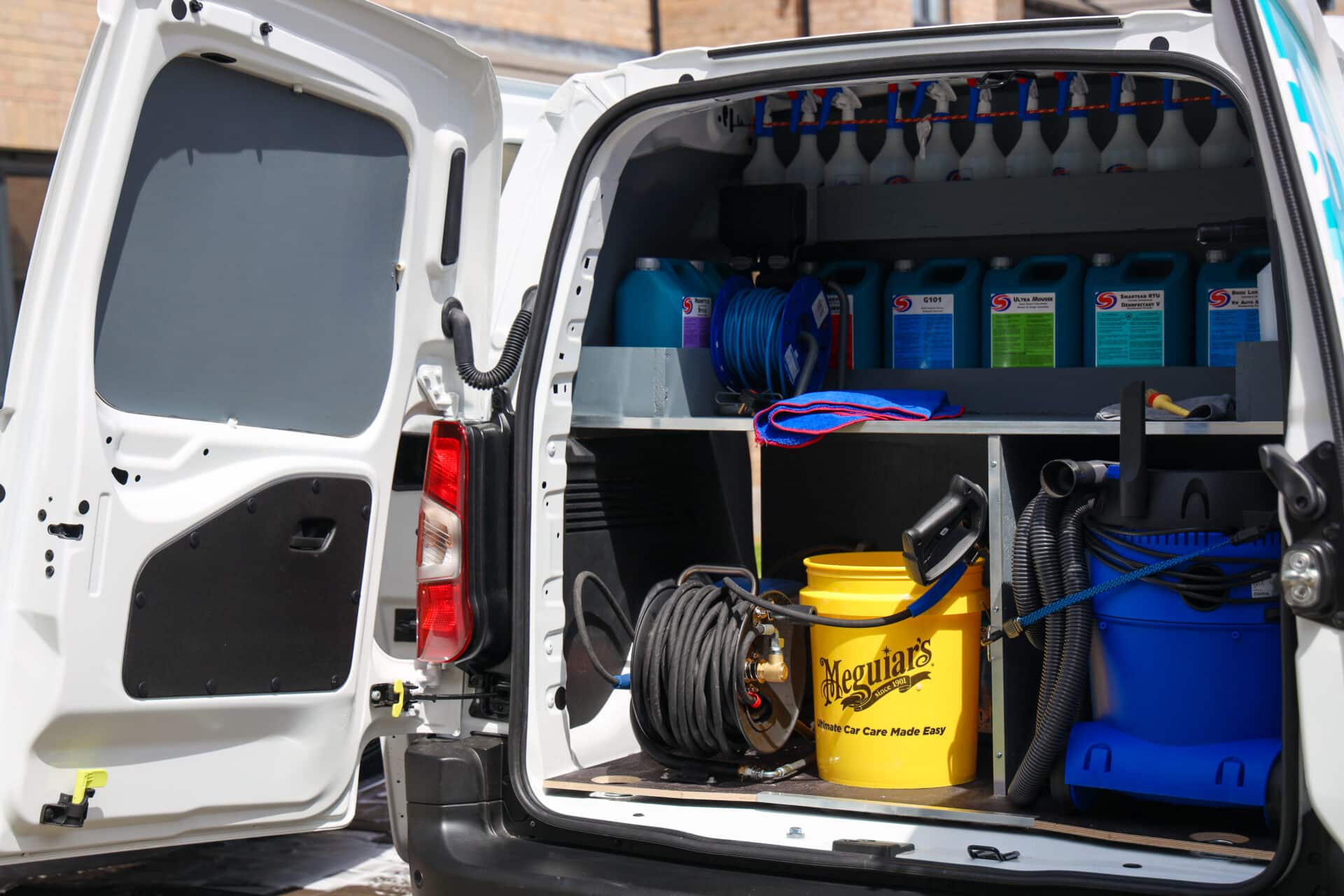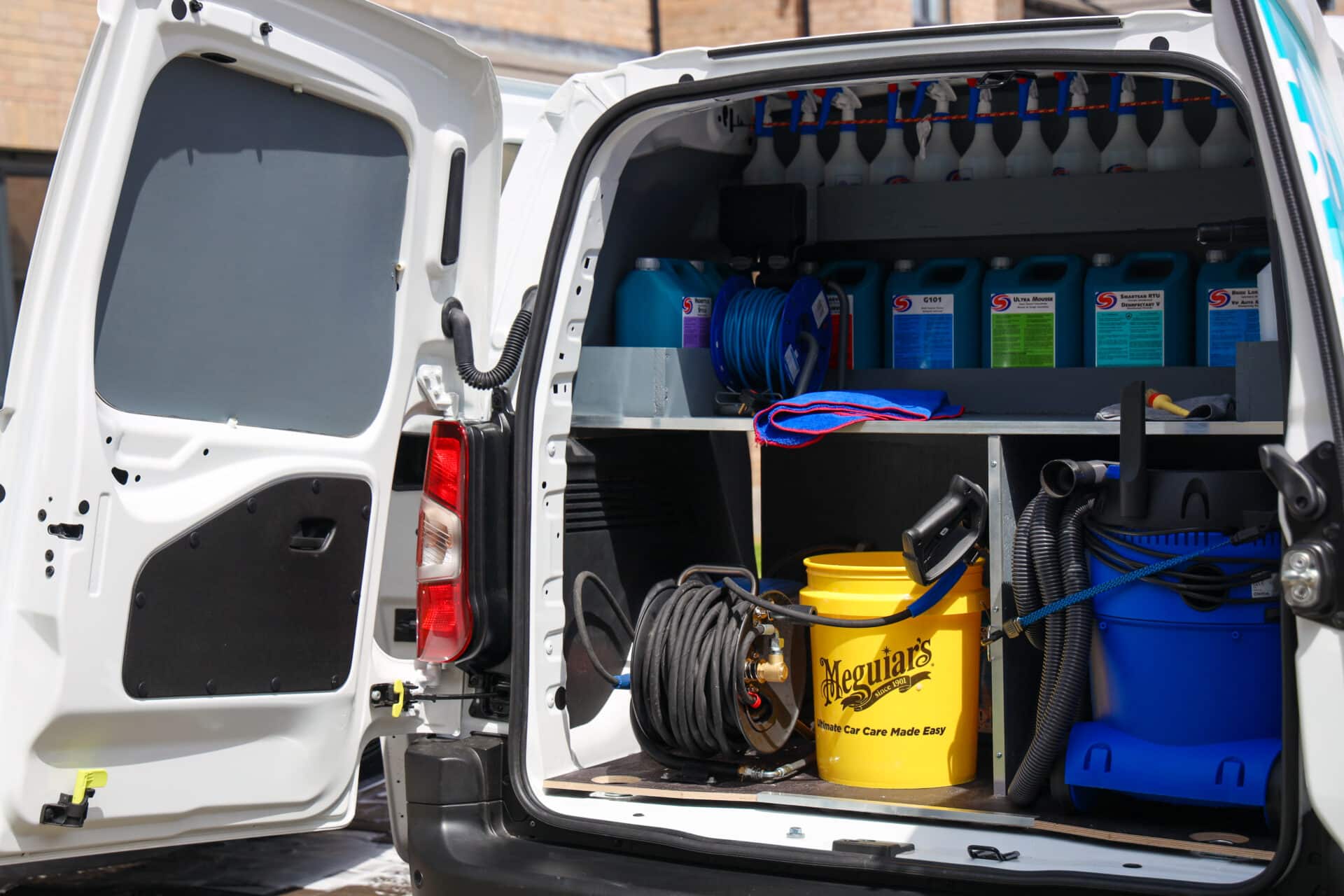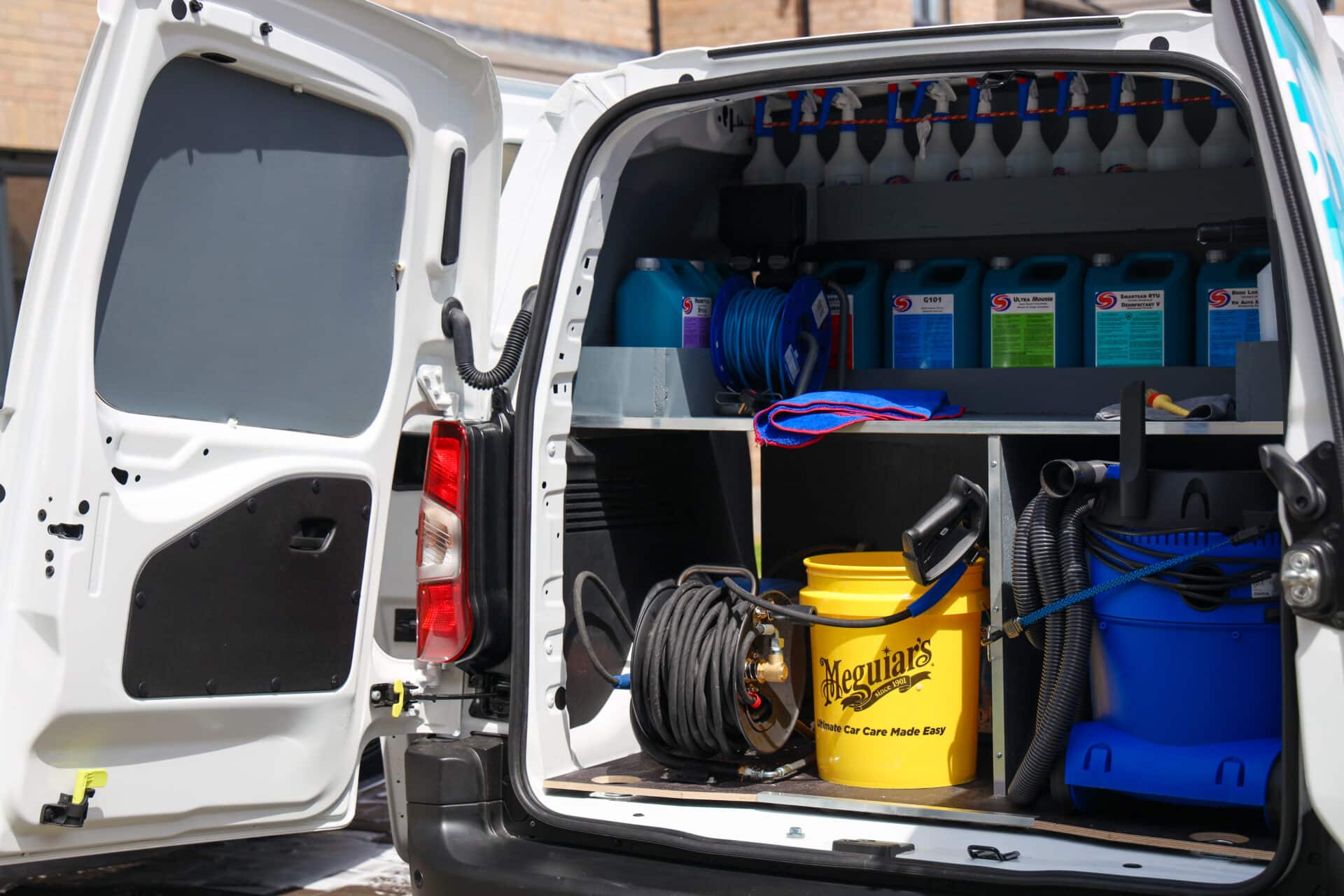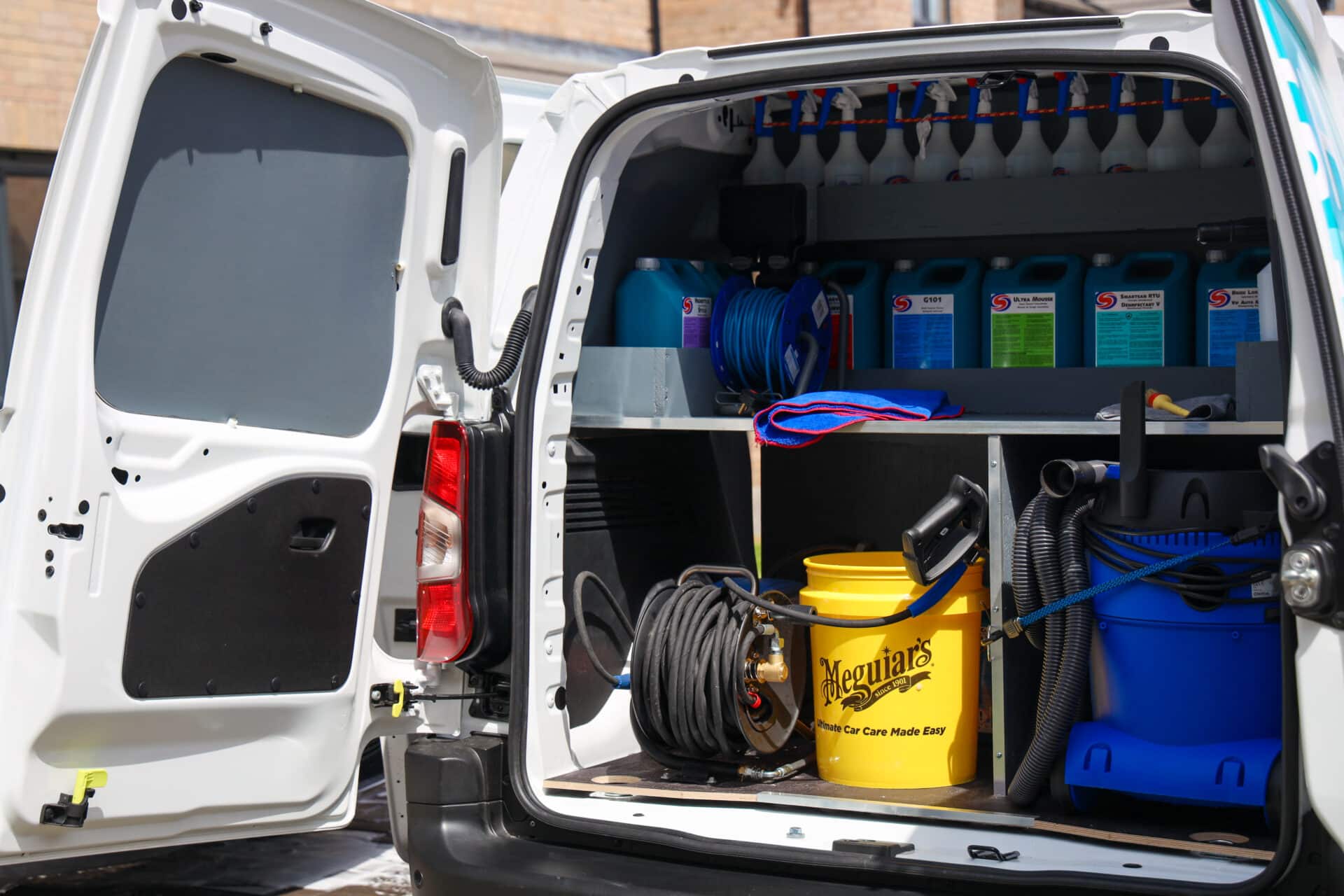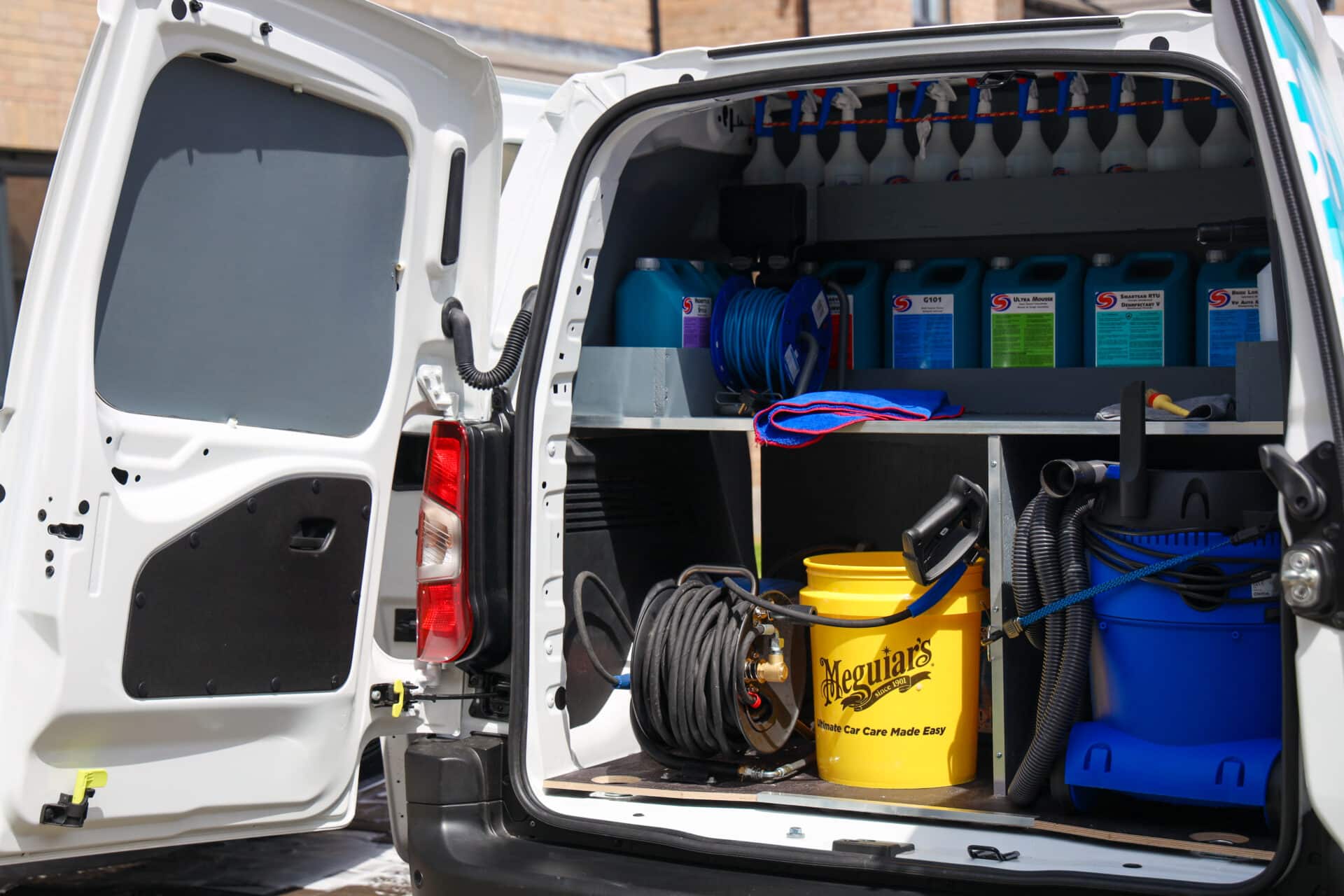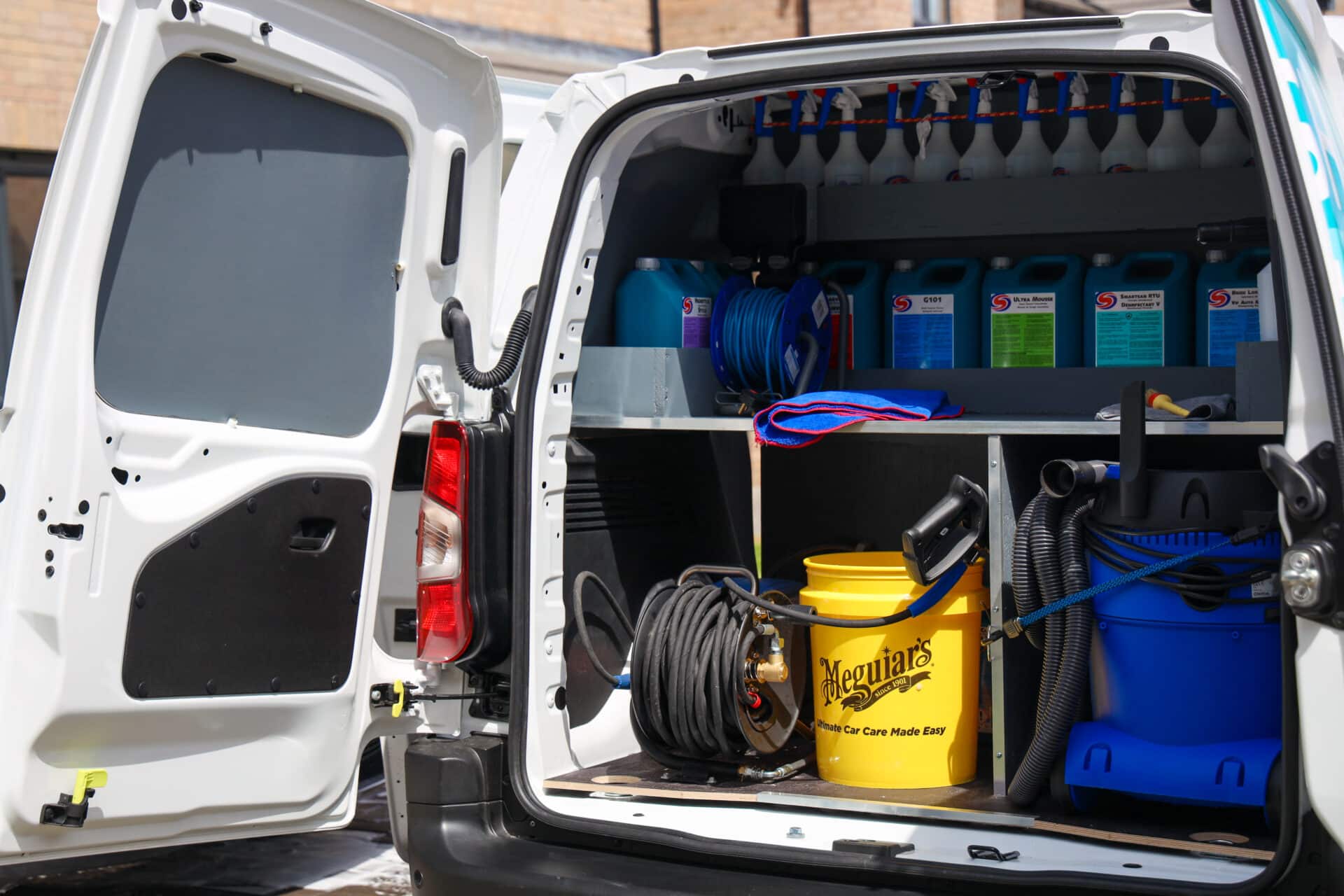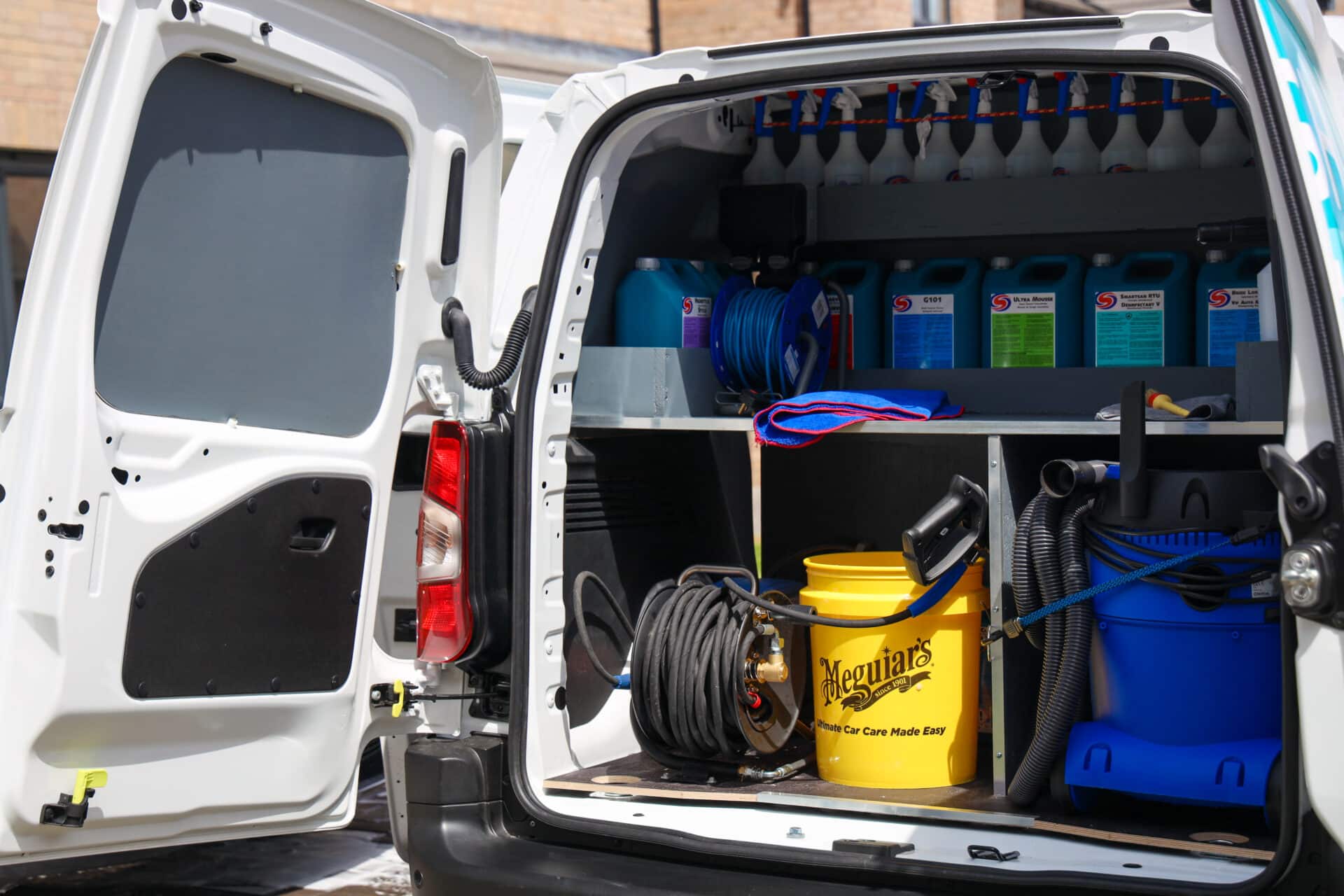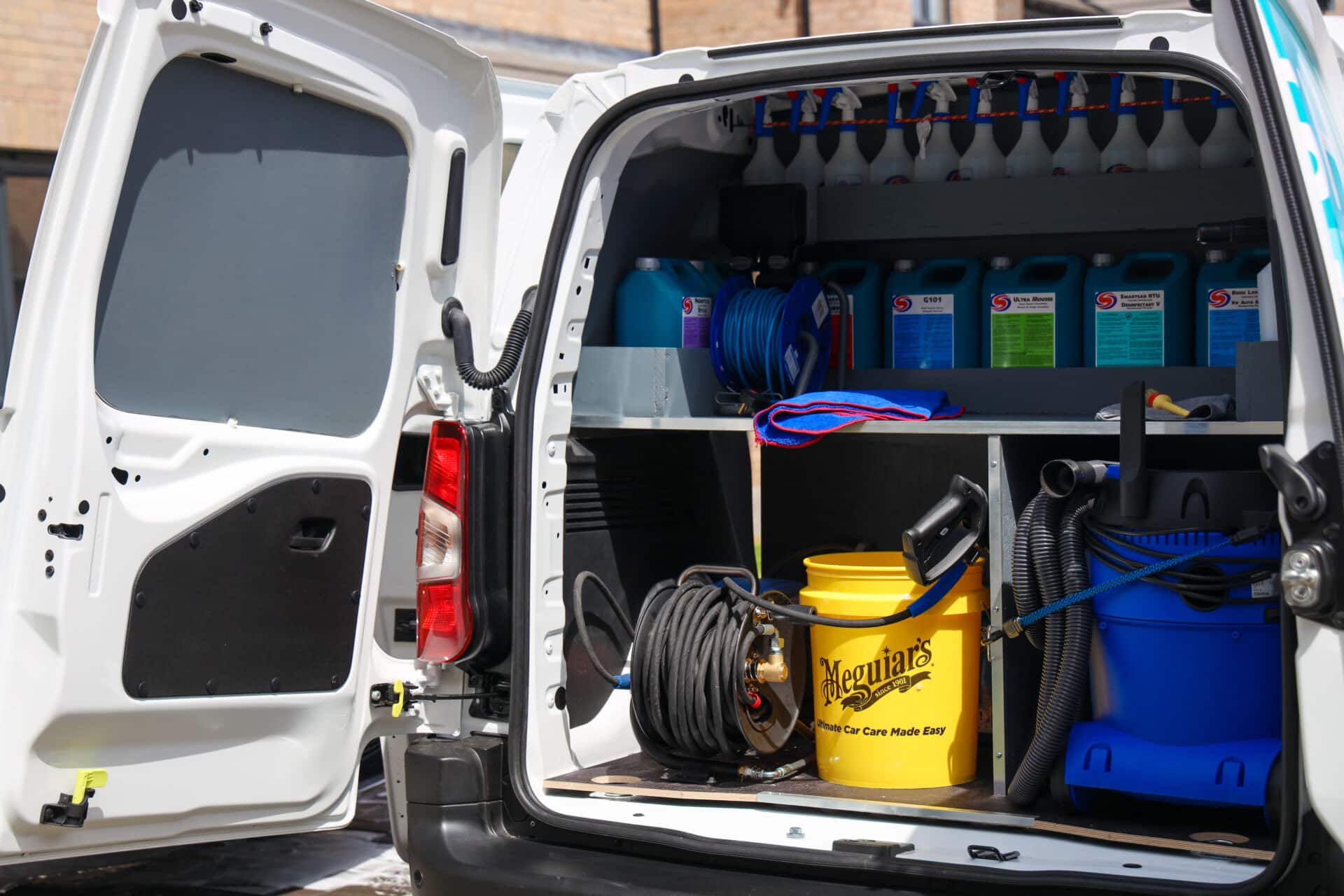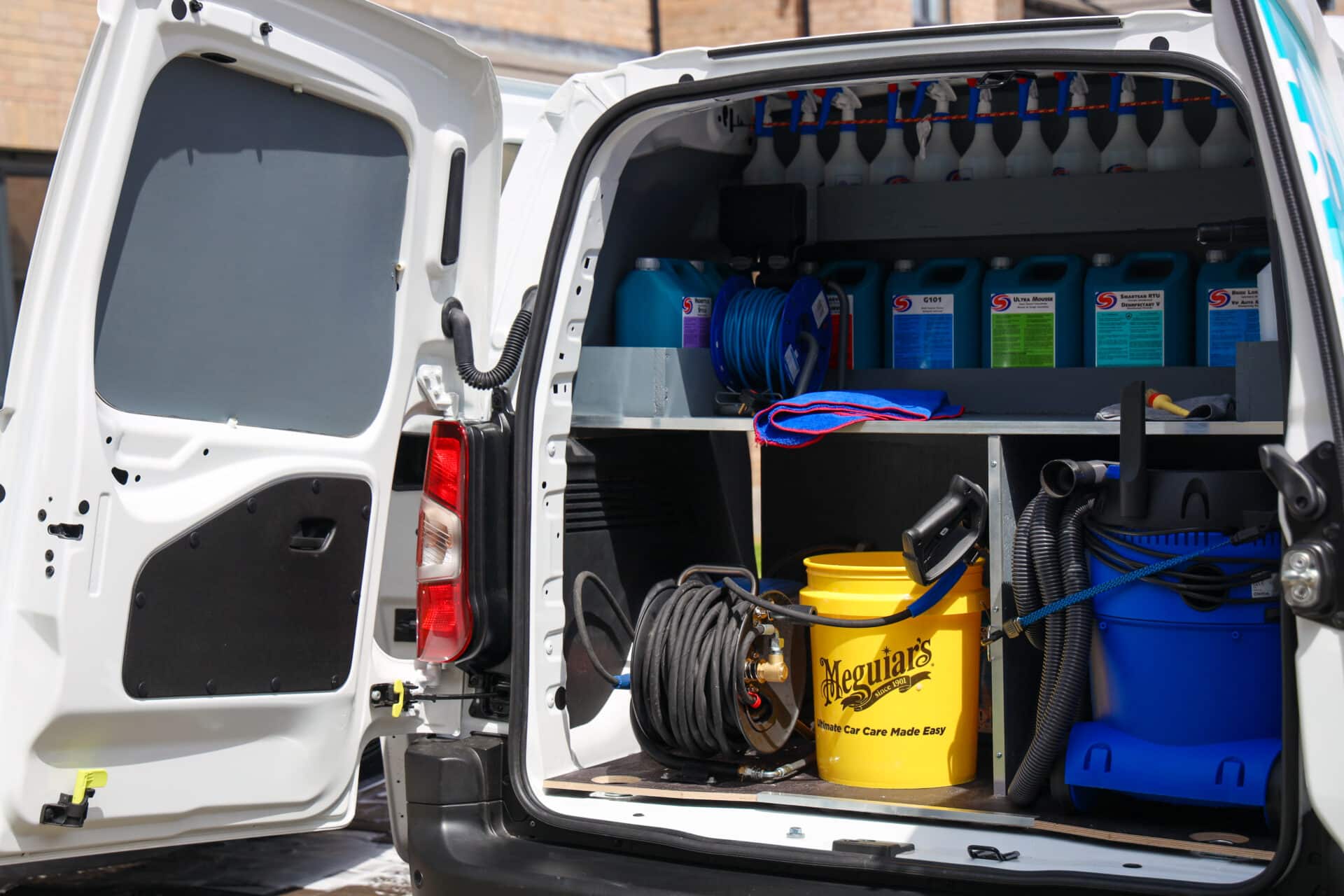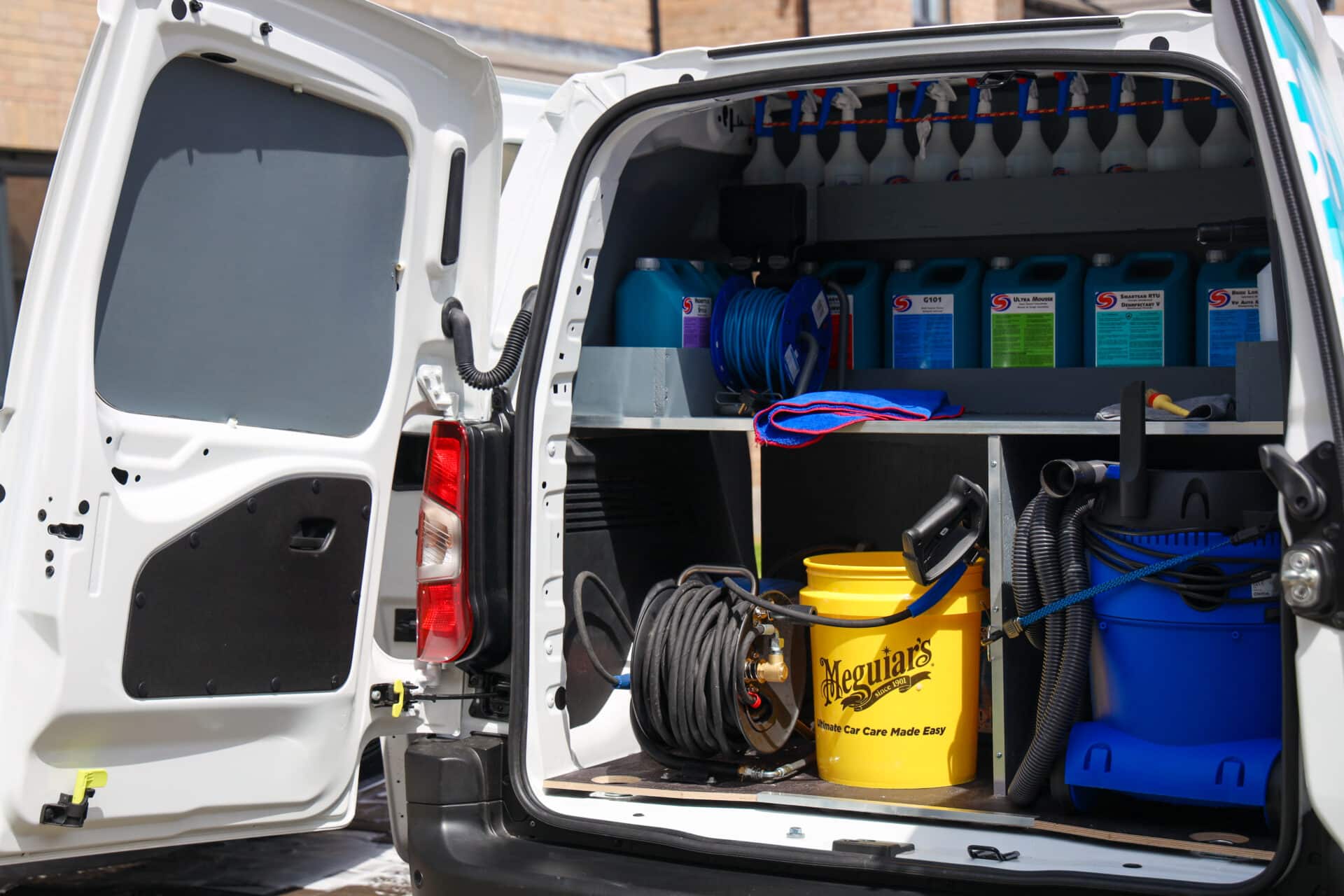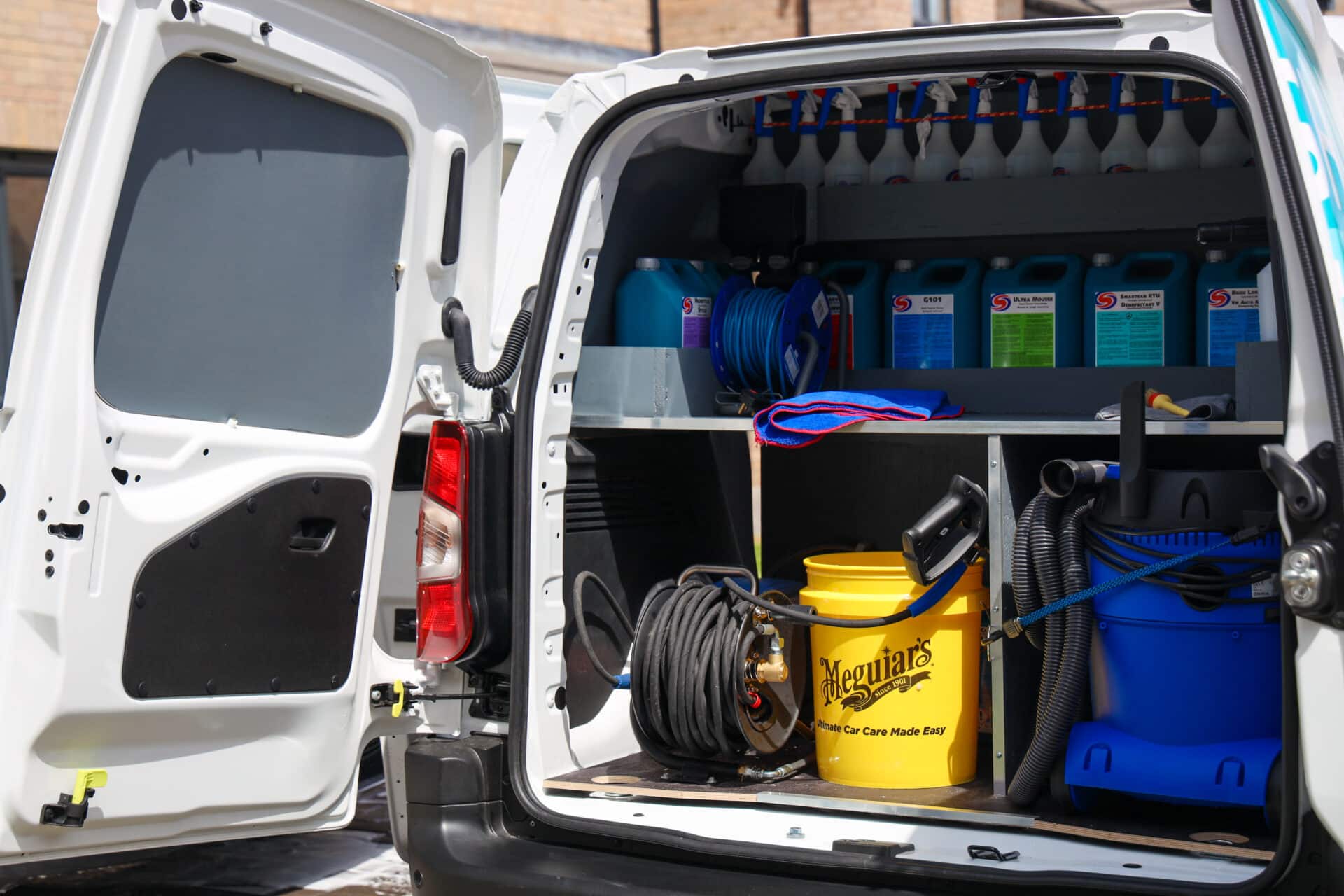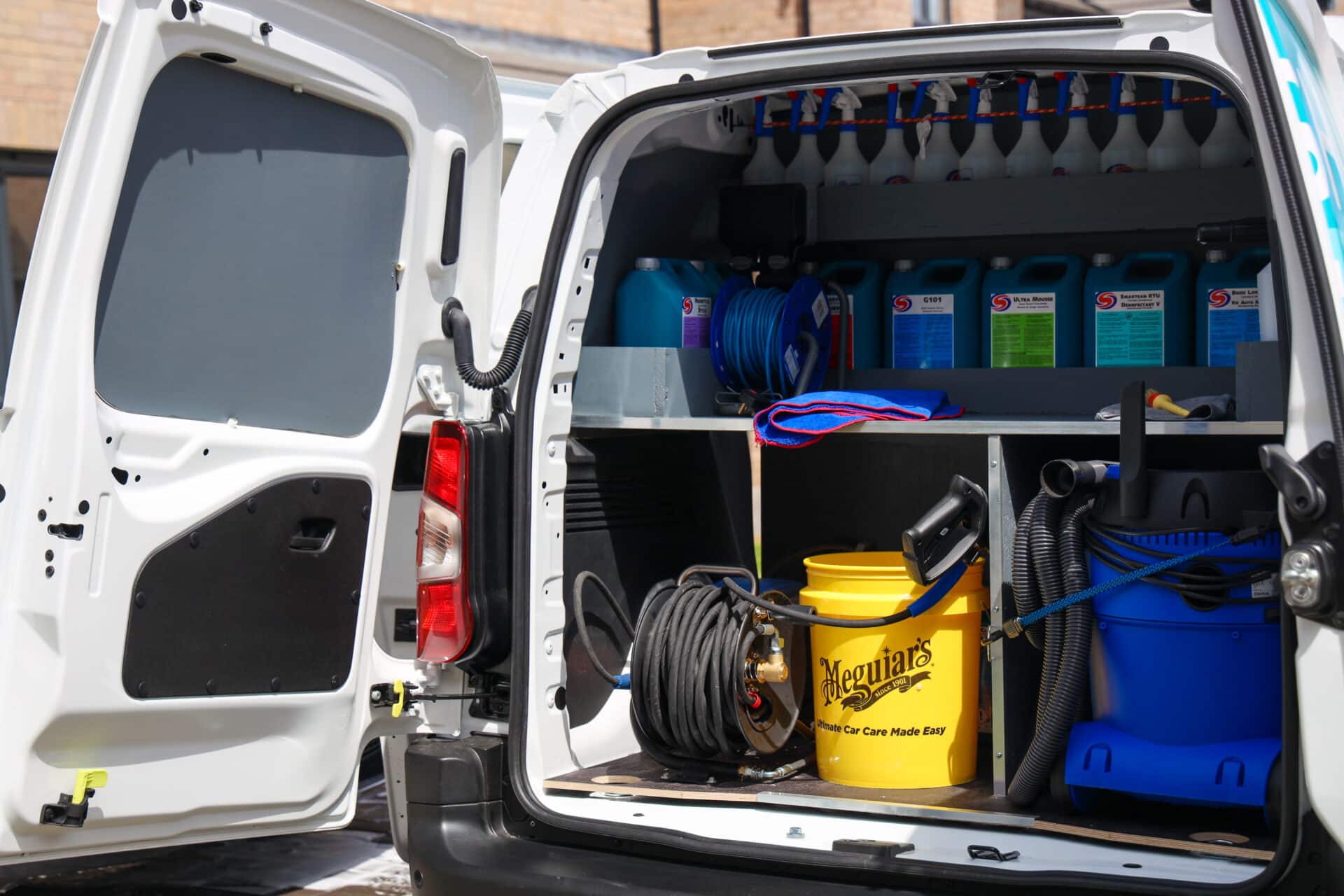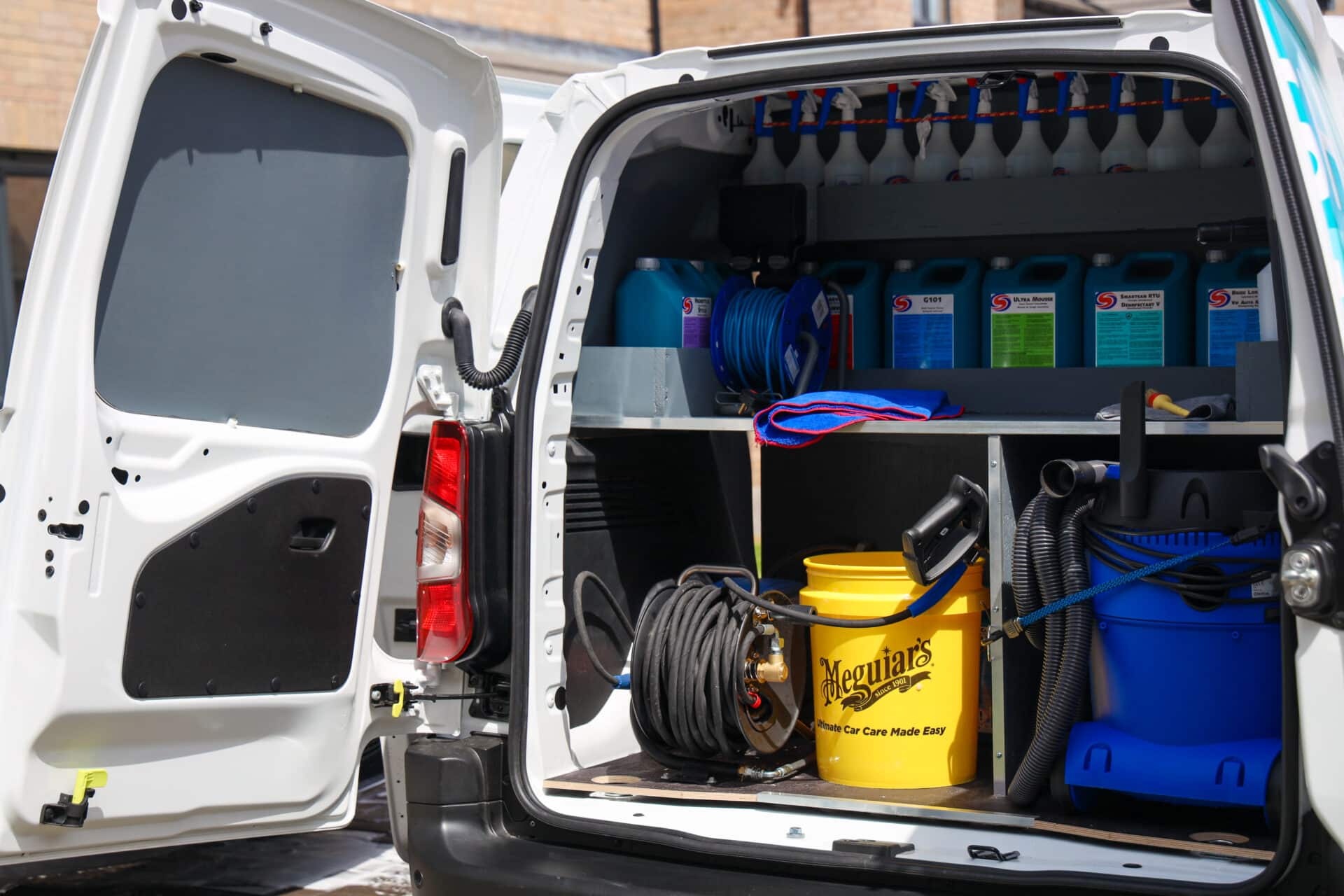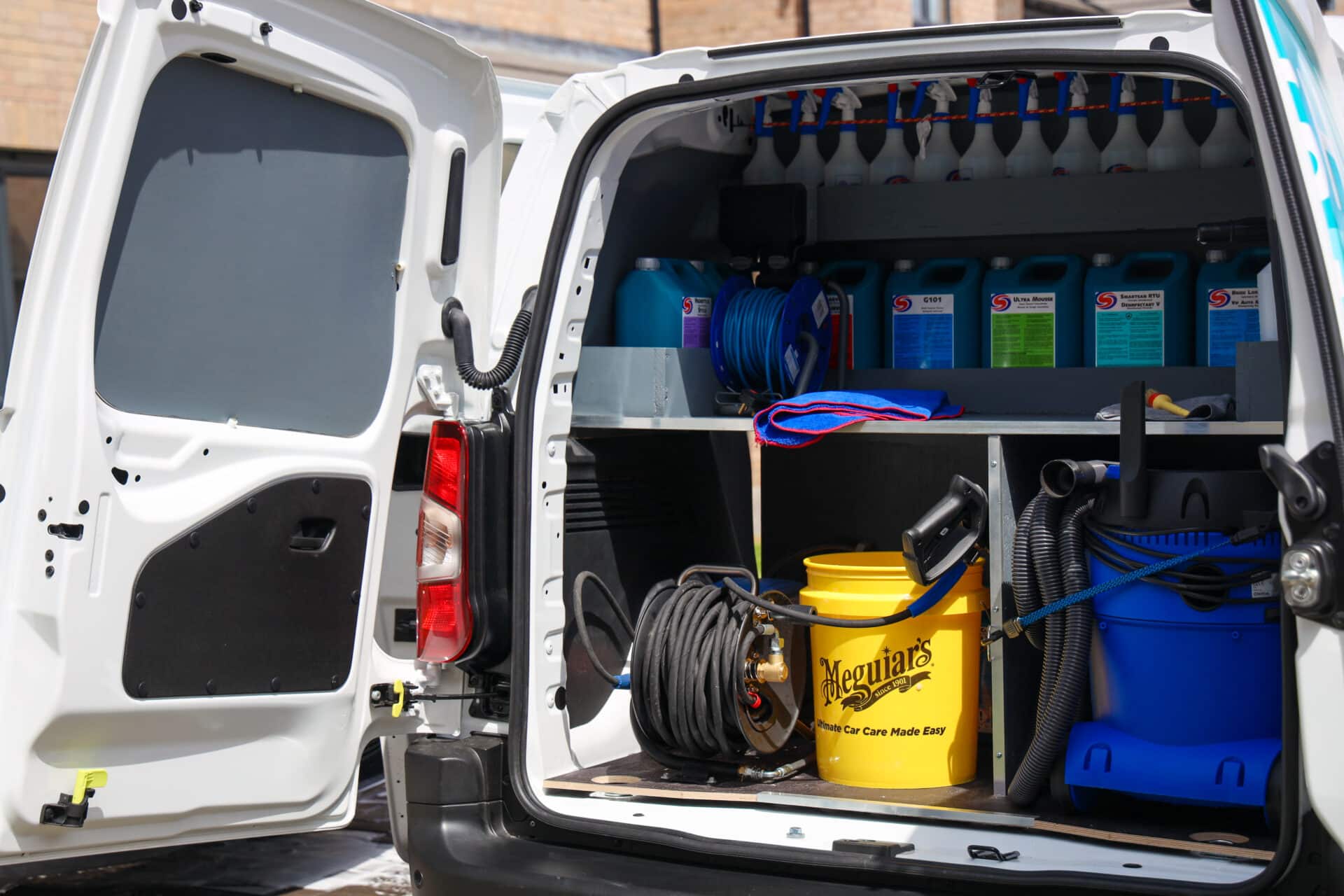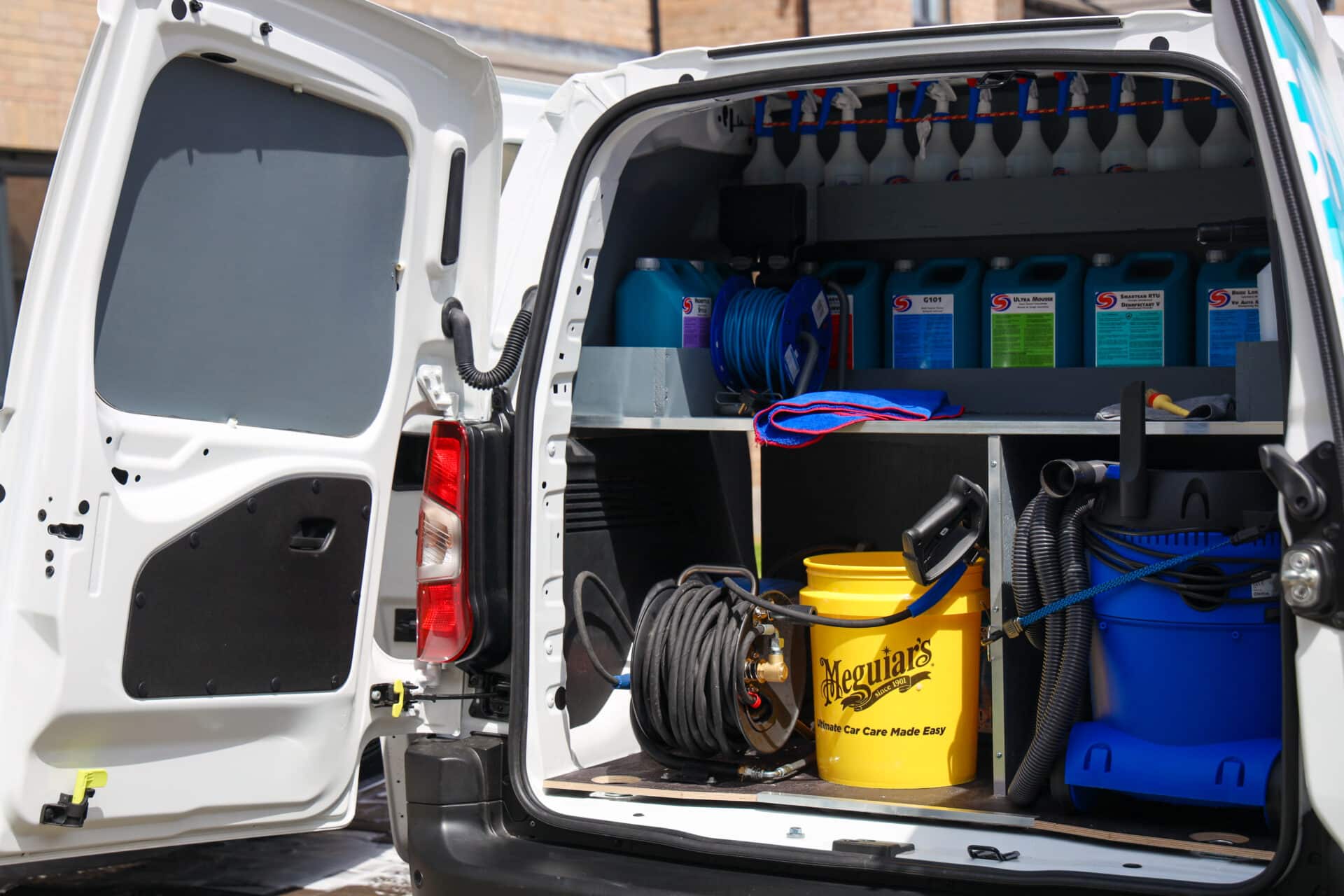Car valeting services have become increasingly popular across the UK, with mobile car valet businesses offering convenient on…
Event Car Valet Insurance: Comprehensive Coverage for Premium Service Providers
Introduction
Event car valet services represent a specialized sector of the hospitality and automotive industries, providing luxury convenience at weddings, corporate events, restaurants, hotels, and exclusive venues. Operating at the intersection of customer service and vehicle handling, event valet companies face unique risks that require specialized insurance coverage beyond standard commercial policies.
This comprehensive guide explores the essential insurance considerations for event car valet operations, from liability coverage to equipment protection, helping business owners understand the critical protections needed to operate safely and profitably in this premium service sector.
Understanding Event Car Valet Operations
Event car valet services encompass various operational models, from wedding venue partnerships to corporate event contracts, restaurant collaborations, and hotel services. These businesses handle high-value vehicles in fast-paced environments, often working in temporary locations with varying infrastructure and weather conditions.
The nature of valet operations involves multiple risk factors: vehicle handling by multiple employees, operation in diverse locations, interaction with valuable client property, and coordination with event organizers and venue management. Each element requires specific insurance considerations to ensure comprehensive protection.
Core Insurance Coverage Requirements
Public Liability Insurance
Public liability coverage forms the foundation of event valet insurance, protecting against claims from third parties who may suffer injury or property damage during valet operations. This coverage is essential when operating at wedding venues, corporate events, or restaurant locations where interaction with the public is constant.
Coverage should extend to incidents involving pedestrians in valet areas, damage to venue property during vehicle maneuvering, and injuries to event guests in designated valet zones. The dynamic nature of event environments, with varying lighting conditions and temporary signage, increases the importance of comprehensive public liability protection.
Professional Indemnity Insurance
Professional indemnity coverage protects against claims arising from alleged negligence in service delivery, including failure to properly secure vehicles, inadequate key management systems, or breach of confidentiality regarding client information and vehicle details.
This coverage is particularly important for high-end event valet services where client expectations are elevated and the potential for service-related disputes is higher. Professional indemnity insurance provides legal defense costs and compensation payments for covered claims.
Employers Liability Insurance
Employers liability insurance is legally required for valet companies with employees, covering workplace injuries and occupational health claims. Valet operations involve physical demands, outdoor work in various weather conditions, and potential hazards from vehicle exhaust, uneven surfaces, and busy event environments.
Coverage should account for the seasonal nature of many valet operations, temporary staff arrangements, and the varying skill levels of valet attendants. Proper employers liability coverage ensures protection for both permanent and temporary staff across different event locations.
Motor Insurance Considerations
Garage Keepers Liability
Garage keepers liability insurance is crucial for valet operations, covering damage to customer vehicles while in the company's care, custody, and control. This specialized coverage addresses risks unique to vehicle handling businesses, including collision damage, theft, vandalism, and weather-related damage.
Coverage should extend to vehicles parked in designated valet areas, during transportation between parking locations, and while keys are in the possession of valet staff. The high value of many vehicles handled at premium events makes adequate garage keepers liability limits essential.
Road Risk Insurance
Road risk coverage protects valet drivers when moving customer vehicles, providing third-party liability and comprehensive coverage during vehicle transportation. This insurance is essential for operations involving off-site parking facilities or multi-level parking structures.
Coverage considerations include driver age restrictions, experience requirements, and the types of vehicles covered under the policy. Some insurers may exclude exotic or high-performance vehicles, requiring additional coverage arrangements for premium event clientele.
Equipment and Business Property Insurance
Event valet operations require specialized equipment including portable lighting, traffic cones, signage, key management systems, and communication devices. Equipment insurance protects against theft, damage, and loss of these essential operational tools.
Business property coverage should extend to equipment stored at various locations, temporary equipment installations at event sites, and portable assets transported between venues. The mobile nature of valet operations requires coverage that follows equipment to different locations.
Business Interruption Insurance
Business interruption coverage provides financial protection when valet operations are disrupted by covered perils, including equipment failure, vehicle accidents involving company property, or damage to primary storage facilities.
For event valet services, business interruption insurance should account for the seasonal nature of operations, peak event periods, and the potential impact of weather-related cancellations on revenue streams. Coverage can include additional expenses incurred to maintain operations during disruption periods.
Cyber Insurance for Modern Valet Operations
Modern valet services increasingly rely on digital systems for key tracking, customer communication, and payment processing. Cyber insurance protects against data breaches, system failures, and cyber attacks that could compromise customer information or disrupt operations.
Coverage should address risks associated with mobile payment systems, customer databases, GPS tracking systems, and digital key management platforms. The handling of customer contact information and vehicle details creates data protection responsibilities requiring cyber insurance support.
Specialized Coverage Considerations
Weather-Related Risks
Outdoor valet operations face significant weather-related exposures, from rain and snow affecting vehicle handling to extreme temperatures impacting equipment performance. Weather coverage should address both property damage and business interruption resulting from adverse conditions.
Seasonal valet operations may require flexible coverage arrangements that account for varying exposure levels throughout the year, with enhanced protection during peak wedding and event seasons.
High-Value Vehicle Coverage
Premium event valet services often handle luxury, exotic, and classic vehicles requiring specialized coverage arrangements. Standard garage keepers liability limits may be insufficient for high-value vehicles, necessitating additional coverage or agreed value arrangements.
Coverage considerations include vehicles with modifications, limited production models, and classic cars with appreciation values exceeding standard market pricing. Some operations may require individual vehicle declarations for the highest-value units.
Multi-Location Operations
Valet companies operating across multiple venues and jurisdictions face complex coverage requirements, including varying local regulations, different venue insurance requirements, and diverse operational exposures.
Insurance arrangements should provide consistent coverage across all operational locations while meeting specific venue requirements and local regulatory standards. This may require master policies with location-specific endorsements.
Risk Management Best Practices
Staff Training and Certification
Comprehensive staff training programs reduce insurance claims and demonstrate commitment to professional standards. Training should cover safe vehicle handling, customer service protocols, emergency procedures, and proper use of safety equipment.
Many insurers offer premium discounts for companies with certified training programs, formal safety protocols, and documented operational procedures. Investment in staff development often results in reduced insurance costs and improved service quality.
Key Management Systems
Secure key management systems are essential for valet operations, protecting against theft, unauthorized vehicle access, and key loss incidents. Electronic key tracking systems provide audit trails and enhance security protocols.
Insurance considerations include coverage for key replacement costs, vehicle recovery expenses, and potential liability claims resulting from key management failures. Proper systems often qualify for insurance premium reductions.
Safety Equipment and Protocols
Comprehensive safety equipment including reflective vests, portable lighting, traffic control devices, and communication systems reduces accident risks and demonstrates professional standards to insurers and clients.
Regular equipment maintenance, replacement schedules, and safety protocol updates should be documented to support insurance claims and demonstrate risk management commitment.
Claims Management and Procedures
Incident Reporting
Prompt incident reporting is crucial for valet operations, where delays in notification can complicate claims investigation and resolution. Established reporting procedures should include immediate notification protocols, documentation requirements, and communication with affected parties.
Digital reporting systems can streamline the claims process, providing real-time incident documentation and facilitating faster claims resolution. Mobile reporting capabilities are particularly valuable for multi-location operations.
Customer Communication
Effective customer communication during claims situations helps maintain relationships and demonstrates professional handling of incidents. Clear communication protocols should address initial incident notification, claims process explanation, and resolution updates.
Professional claims handling often influences customer retention and referral generation, making effective communication procedures a valuable business investment beyond insurance requirements.
Regulatory Compliance
Licensing Requirements
Event valet operations may require specific business licenses, vehicle handling permits, or commercial driver certifications depending on jurisdiction and operational scope. Insurance coverage should align with licensing requirements and regulatory standards.
Compliance with local regulations often influences insurance availability and pricing, making regulatory adherence both a legal requirement and insurance consideration.
Health and Safety Regulations
Workplace health and safety regulations apply to valet operations, including requirements for safety equipment, training documentation, and incident reporting. Insurance coverage should support compliance efforts and provide protection against regulatory claims.
Regular safety audits and compliance reviews help maintain insurance coverage and demonstrate commitment to professional standards.
Cost Factors and Premium Considerations
Operational Factors
Insurance premiums for event valet services depend on various operational factors including annual revenue, number of employees, types of events served, average vehicle values handled, and claims history.
Geographic factors also influence pricing, with urban operations typically facing higher premiums due to increased traffic density, higher vehicle values, and greater liability exposures.
Coverage Limits and Deductibles
Appropriate coverage limits should reflect the potential severity of claims in valet operations, considering the high value of vehicles handled and the potential for significant liability claims.
Deductible selection balances premium costs with retention of smaller claims, with higher deductibles reducing premiums but increasing out-of-pocket expenses for claims.
Risk Improvement Credits
Many insurers offer premium credits for risk improvement measures including staff training programs, safety equipment investments, formal operational procedures, and technology implementations.
Investment in risk management often provides both immediate operational benefits and long-term insurance cost reductions, making comprehensive risk improvement programs financially attractive.
Choosing the Right Insurance Provider
Industry Expertise
Selecting an insurance provider with specific experience in valet operations ensures understanding of unique risks and appropriate coverage recommendations. Specialized insurers often provide better coverage options and claims handling for niche operations.
Industry expertise includes understanding of operational challenges, regulatory requirements, and emerging risks in the valet service sector.
Coverage Flexibility
Event valet operations often require flexible coverage arrangements to accommodate seasonal variations, special events, and changing operational requirements. Insurance providers should offer adaptable policies that can adjust to business needs.
Flexibility considerations include temporary coverage increases, additional location coverage, and seasonal adjustment capabilities.
Claims Service Quality
Quality claims service is crucial for valet operations where prompt resolution maintains customer relationships and operational continuity. Insurance providers should demonstrate responsive claims handling and industry-specific expertise.
Claims service evaluation should include response times, settlement practices, and support for business continuity during claims resolution.
Conclusion
Event car valet insurance requires specialized coverage addressing the unique risks of premium service operations in dynamic event environments. Comprehensive protection encompasses public liability, professional indemnity, motor insurance, equipment coverage, and emerging cyber risks.
Successful risk management combines appropriate insurance coverage with professional operational practices, staff training, and safety protocols. The investment in comprehensive insurance protection and risk management supports business growth, customer confidence, and long-term operational success.
For event valet service providers, partnering with experienced insurance professionals ensures access to specialized coverage options, competitive pricing, and expert guidance in navigating the complex risk landscape of premium hospitality services.


 0330 127 2333
0330 127 2333
